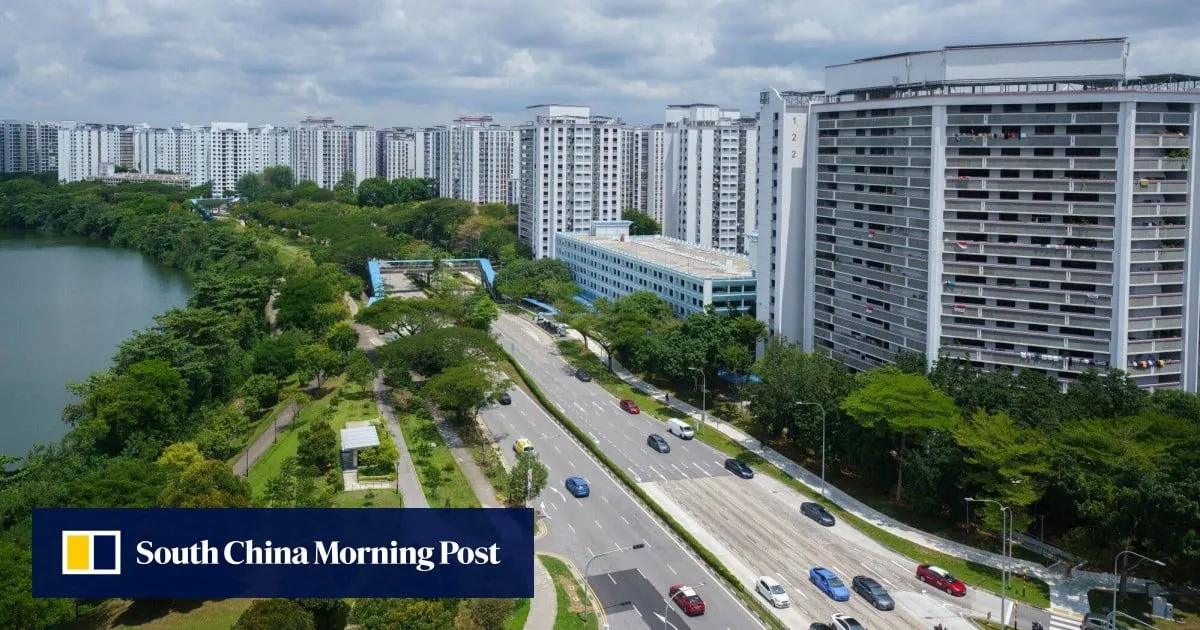Singapore's Housing Affordability Crisis Intensifies Ahead of Election

Singapore's Housing Affordability Challenge
Singapore is grappling with a severe housing affordability crisis that has intensified as the country approaches its elections. Increasing property prices have left many Singaporeans feeling priced out, raising alarm among voters. This discontent is further amplified as demands for affordable housing become pivotal in the upcoming votes.
Government's Response and Upcoming Electoral Stakes
The government, led by Prime Minister Lawrence Wong, has introduced various cooling measures to address these concerns. However, critics argue that the government's efforts may not be sufficient to quell rising public anxiety. Law professor Eugene Tan suggests that these issues may become significant electoral fodder, with dissatisfaction trending towards the ruling People's Action Party (PAP).
- Increasing Prices and Voter Sentiment
- Constitution of Recent Cooling Measures
- Public Housing as a Political Priority
Challenges Ahead for the PAP
The PAP, which has ruled Singapore since 1965, could face significant challenges in the upcoming elections if it fails to address housing affordability concerns. Rising expectations around housing quality and accessibility add further pressure. Political analysts warn that the class dimension of housing issues could create a volatile electoral environment.
- Worsening perception of wealth disparity.
- Potential backlash from youth voters.
- Need for effective policies to stabilize the housing market.
Ultimately, how the government chooses to navigate these complex issues of affordability and supply will significantly sway public opinion as the election approaches, highlighting the intrinsic connection between housing and national identity.
This article was prepared using information from open sources in accordance with the principles of Ethical Policy. The editorial team is not responsible for absolute accuracy, as it relies on data from the sources referenced.